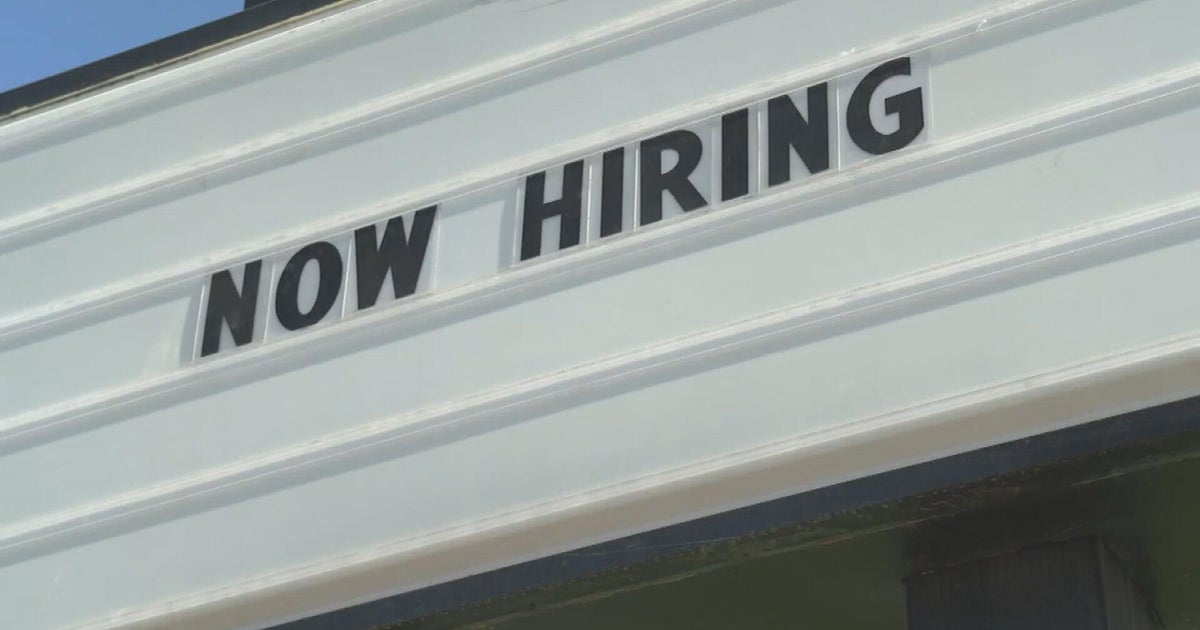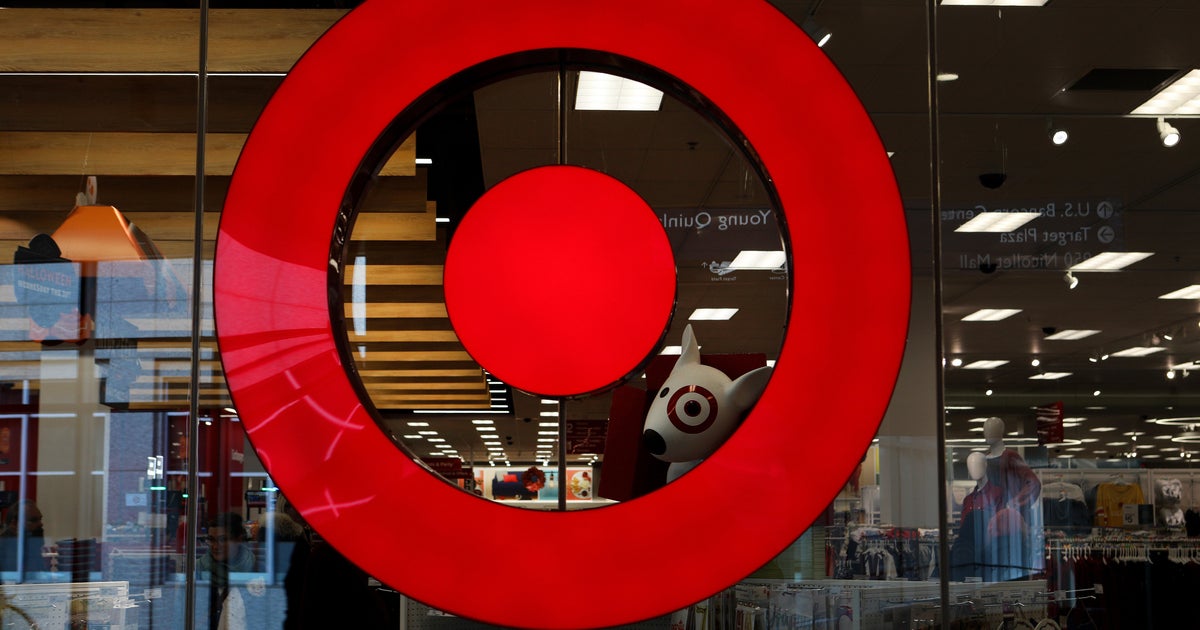A holiday gift for seasonal workers
Seasonal workers have something to celebrate this year. A tight labor market is pushing companies to increase wages and add benefits to attract staff for the expected jump in holiday business.
This year, 21 percent of firms hiring holiday help say they'll pay between $11 an hour and $16 an hour, up 9 percent from last year, according to Snagajob, an online employment website specializing in the hourly marketplace. The federal minimum wage is $7.25 an hour.
But with the national unemployment rate at 4.1 percent in October -- the lowest in at least a decade -- more money alone isn't enough to entice workers. So over 20 percent of companies are offering seasonal hires professional training, while 28 percent are dangling health insurance as a perk, according to Snagajob, which surveyed 1,000 firms in the retail, restaurant and hospitality industries.
Such companies have no choice but to be aggressive. A third of all job seekers are getting hired after submitting only one application.
"In a market like this, companies have to pay more attention to what workers want," said Jocelyn Mangan, chief operating officer of Snagajob. She said many employers are also offering seasonal workers perks like longer breaks and ability to wear what they want. Other incentives include offering employees more hours and the possibility of staying after the holiday rush.
Mangan said retailers are still hiring despite consumers turning to the internet to do more of their shopping. "We have seen a shift toward more hiring for warehouse positions," Mangan said.
A spokeswoman for Toys 'R' Us said the company had sweetened its compensation packages for seasonal hires to include weekend pay rates during peak weeks and an opportunity to participate in special events such as holiday parties. She declined to discuss specific benefits, though the chain is now fully staffed for the season, she said.
A spokeswoman for Target (TGT) said the retailer was hiring 100,000 seasonal workers this year, up from 70,000 in 2016. She was unable to say whether it had reached its goal.
Last month, Target raised its nationwide minimum wage to $11 an hour and has promised to push it to $15 an hour by the end of 2020.
While that's good news for employees, it may not be a welcome change for shareholders. During the third quarter of 2017, Target's net income fell to $480 million, or 88 cents a share, compared with $608 million, or $1.06 a share in the year-ago period. Target said earnings were affected by increased in employee incentives and wages.



